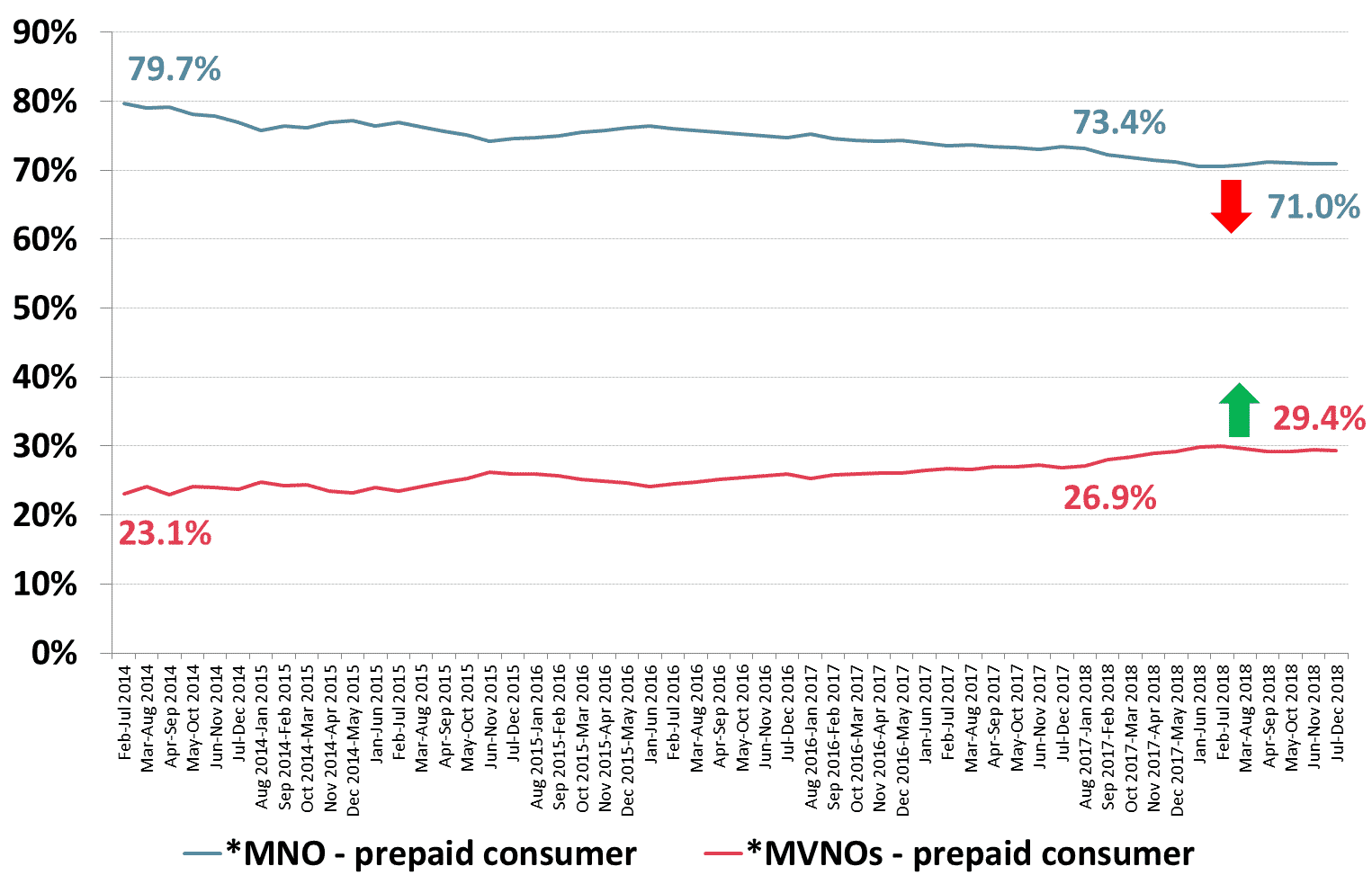Optus acquires Amaysim, unveils fully-digital Gomo
Amaysim, Australia’s largest Mobile Virtual Network Operator (MVNO), now belongs to Optus. The major telco purchased Amaysim for $250 million.
We previously reported on Optus’ interest in purchasing Amaysim, and this latest move makes that a reality.
But Optus didn’t stop there – the major telco also announced the launch of Gomo, its digital mobile phone company serving Australians who want simplified plans.
With these moves, it is clear that Optus is making a move into the MVNO market. However, because the smaller telcos (Amaysim and Gomo) will be under Optus’ control, they will not necessarily be classified as MVNOs.
Optus is not alone in its quest for the MVNO market. Telstra owns Belong, another prominent small phone company in the MVNO space. Vodafone also unveiled a smaller fully-digital mobile phone company of there own, Felix Mobile.
In this article, we’ll take a deeper look at how these moves will affect the MVNO market and the telco market at large, and how these moves might land you cheaper SIM only plans.
The sale of Amaysim, the largest MVNO in Australia, means the MVNO market will shrink
The coronavirus pandemic led to Australians becoming less optimistic about the economy improving in the next 12. As a result, Australians planned to spend less, which turned out to be a boon for MVNOs.
MVNOs are smaller phone companies that purchase the larger telcos’ networks in wholesale, and resell it to Australians. Their plans are typically simple and straightforward, and more importantly, cheaper than the larger telcos.
This makes MVNOs a solid option for Australians who are concerned with the economiv downtrend, and who lack optimism for its improvement as a result of COVID-19 economic impacts.
According to the latest ACCC Internet Activity Report, MVNO subscriptions have grown in Fiscal Year 2020 – 12 percent increase for prepaid and 15 percent for postpaid subscriptions. This growth directly correlates with COVID-19.
But with Optus taking over Amaysim, the MVNO can’t really be classified as an independent MVNO anymore. And because Amaysim made up the largest share in the MVNO market, leaving that market could result in MVNO share of the overall telco market shrinking.
In fact, Venture Insights, an Australian telco/media research and consultancy firm, has already predicted that the MVNO share in the telco market will decline by 9 percent, shrinking from 15 percent to just 6 percent by 2023.
Why are major telcos stepping into the MVNO market?
The MVNO market had shown consistent growth since 2014. In fact, MVNOs had become a real threat by cutting into major telcos’ shares, even taking over 29.4 percent of the telco market in 2018.
MVNO sector consistently captured shares of the telco market. src
The MVNO lure of simple and cheap plans actually led to major telcos like Telstra and Optus revamping their mobile plan lineup, simplifying plans and getting rid of lock-in contracts.
With such competition, it was inevitable for major telcos to begin looking into the MVNO market as a viable source.
And looking at how successful Belong has been for Telstra, one would expect the other major telcos to follow suit. Of the 240,000 new postpaid mobile customers Telstra added this year, 154,000 (64 percent) of them were Belong customers. Even more significant, all 80,000 of Telstra’s new broadband customers were actually Belong customers. These Belong subscription increases actually came while Telstra itself reported financial losses.
Final words – Optus’ Gomo and Vodafone’s Felix Mobile
Telstra’s Belong announced this year that its customer support will go fully digital. Vodafone then announced the launch of its fully digital smaller mobile phone company, Felix Mobile.
Now Optus has joined in with Gomo, their own fully digital mobile phone company. Adding to the Amaysim acquisition, this shows a clear trend of telcos stepping into the MVNO market, and the ACCC has chosen not to interfere.
The lure of digital-only phone services is even more for major telcos. These services are cost-saving, eliminating the need for retail stores and call centers, putting the entire company on an app in the customers mobile device.
And like Telstra’s Belong and Vodafone’s Felix Mobile, Optus aims for straightforward, cheap phone plans with Gomo. This may be the new norm in Australia – a new MVNO market swallowed by the major telcos.
